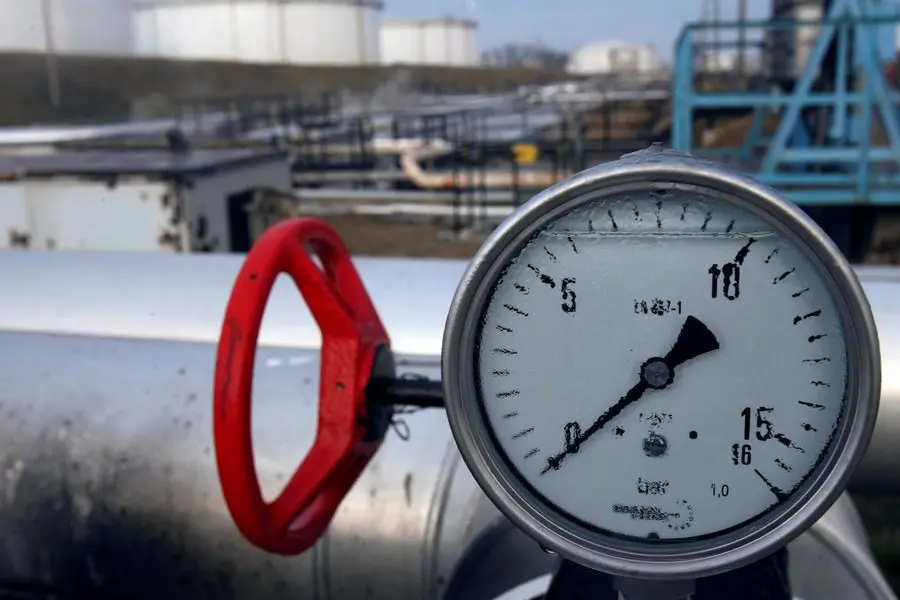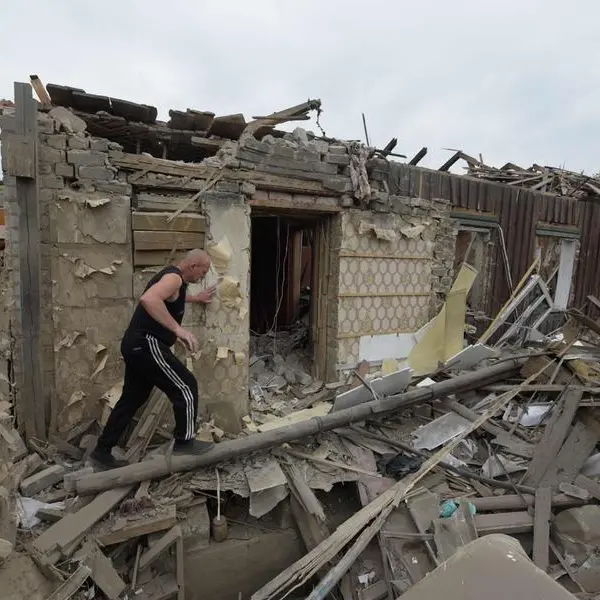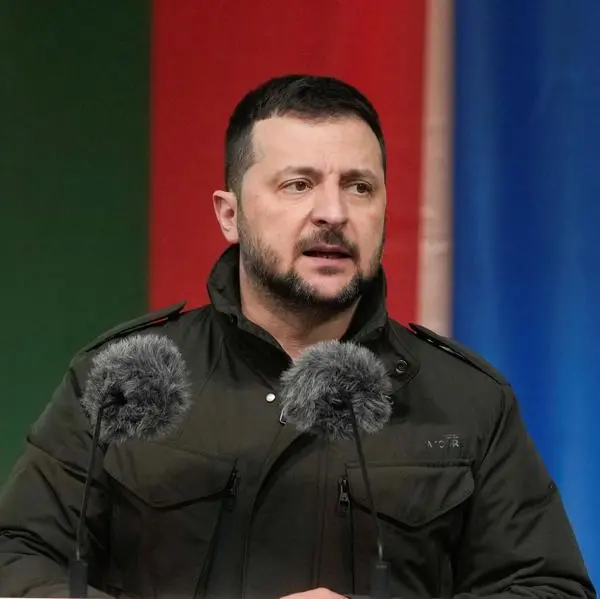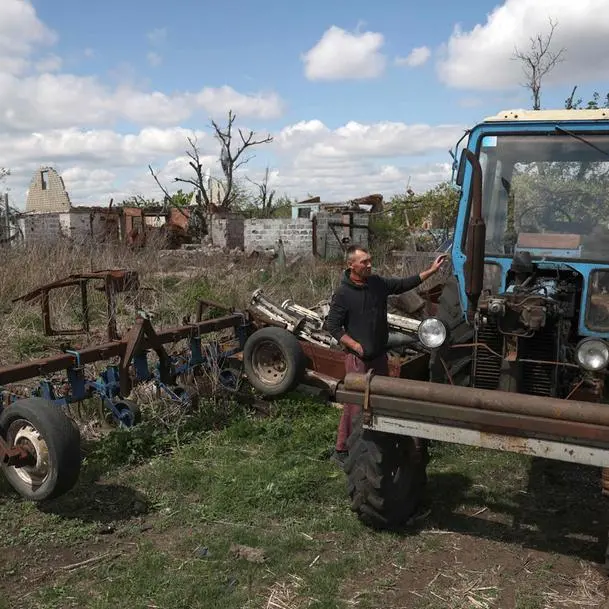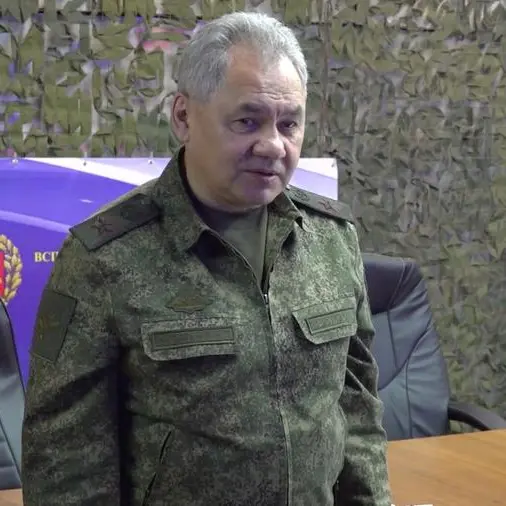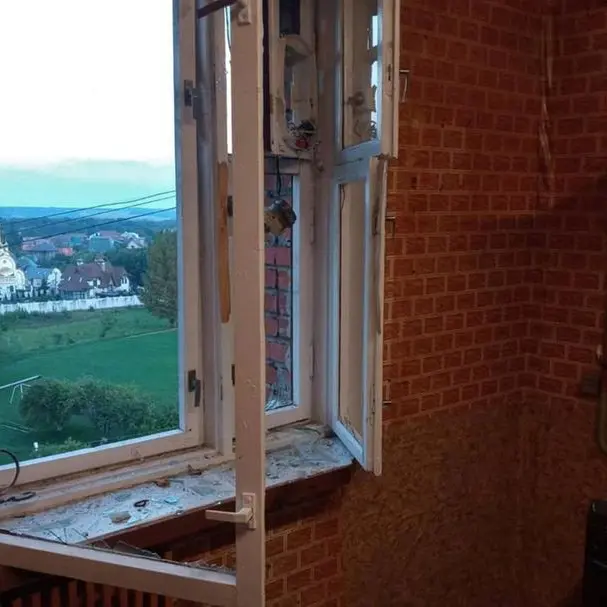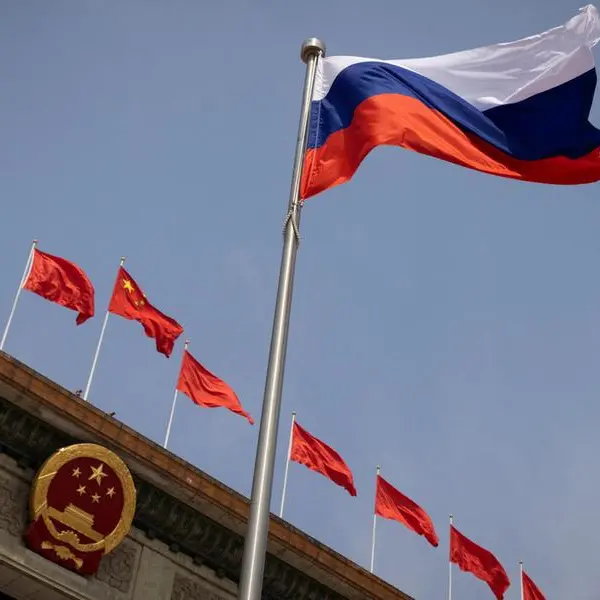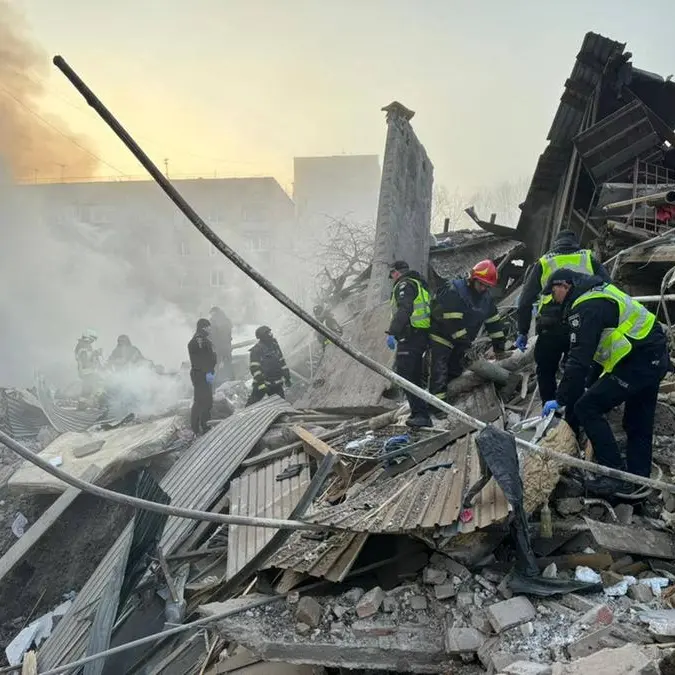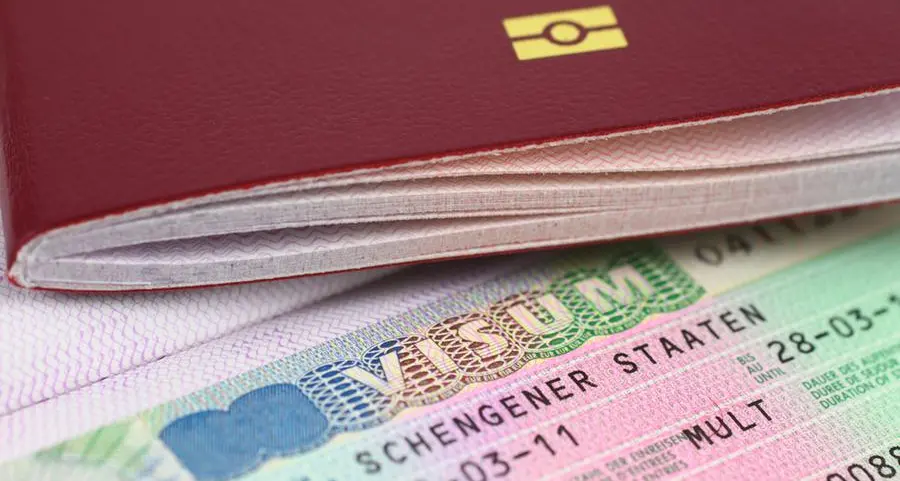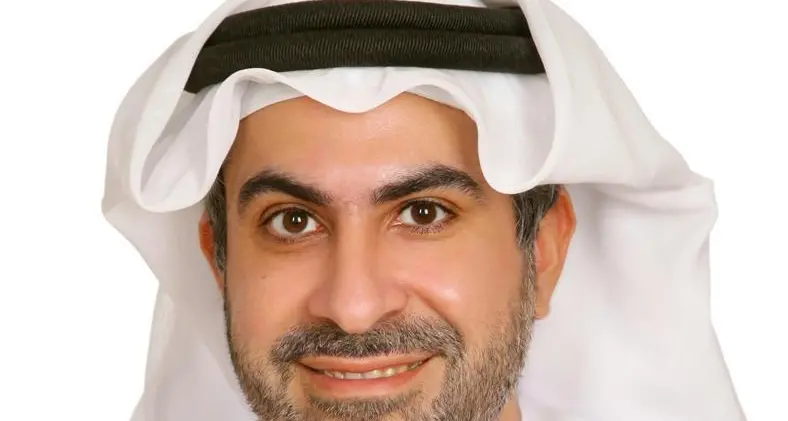PHOTO
Hungarian energy group MOL said on Thursday it would take up to four years and cost up to $700 million to replace Russian oil imports in case of a full European embargo.
The European Union is considering options to cut imports of Russian oil as part of possible further sanctions against Moscow over its invasion of Ukraine, but none has been formally proposed as governments assess their impact.
"Central Europe and Hungary are not in a situation to replace Russian oil and crude oil products overnight. This would cause a very serious disruption for the whole region," MOL Chairman and CEO Zsolt Hernadi told MOL's annual general meeting.
Hernadi said the matter was not an ideological issue but that of technology and chemistry, with MOL's refinery in Hungary and its refinery in Slovakia geared towards the Russian crude variant.
"If no Russian oil were to arrive as of tomorrow on the Friendship (Druzhba) pipeline, then we could not physically ensure the current consumption levels with products imported from elsewhere," Hernadi said.
"Under a full embargo, it would take two to four years to reach the production level required to supply the region," he said, adding that the shift would also require investment of $500 million to $700 million.
Hernadi said EU sanctions should not hit the most exposed and landlocked countries in Europe. He added that MOL expected the current "extreme" energy price levels to persist through the year, but was hoping that prices would subsequently normalise.
"The increase in demand in energy sources outpaced supply, the war (in Ukraine) only amplified that," Hernadi said.
"Volatility could normalise next year, but the correction of prices will not be complete," he said, adding that it would take the market at least two years to find a new equilibrium.
A day after Prime Minister Viktor Orban's government extended a cap on basic food and fuel prices until July 1 as part of efforts to shield consumers from inflation, Hernadi said these measures would have to be scrapped at some stage.
"We believe that the temporary measures should be phased out over the medium term, as they cannot be maintained," Hernadi said, adding that keeping the measures in place could lead to supply shortages.
"We need to return to normality, that is most important."
(Reporting by Gergely Szakacs; editing by Jason Neely)
